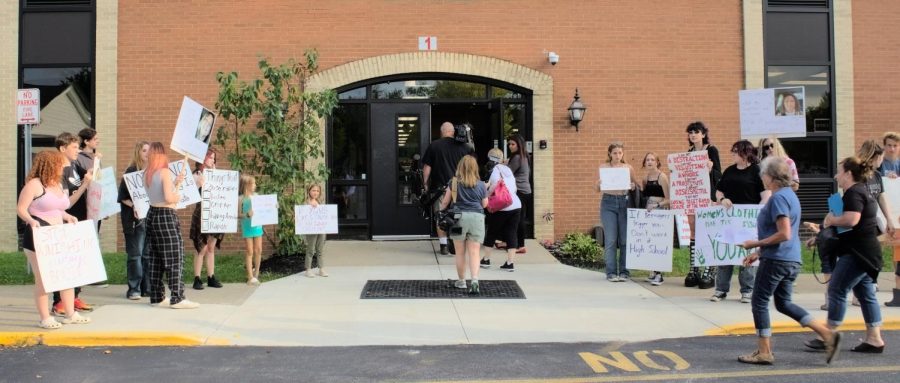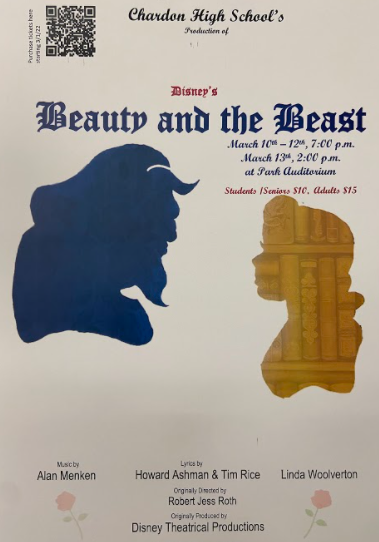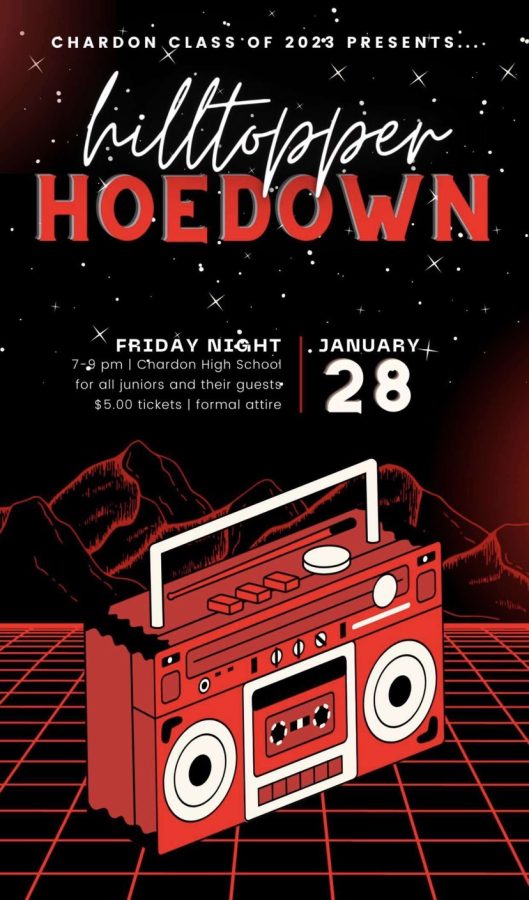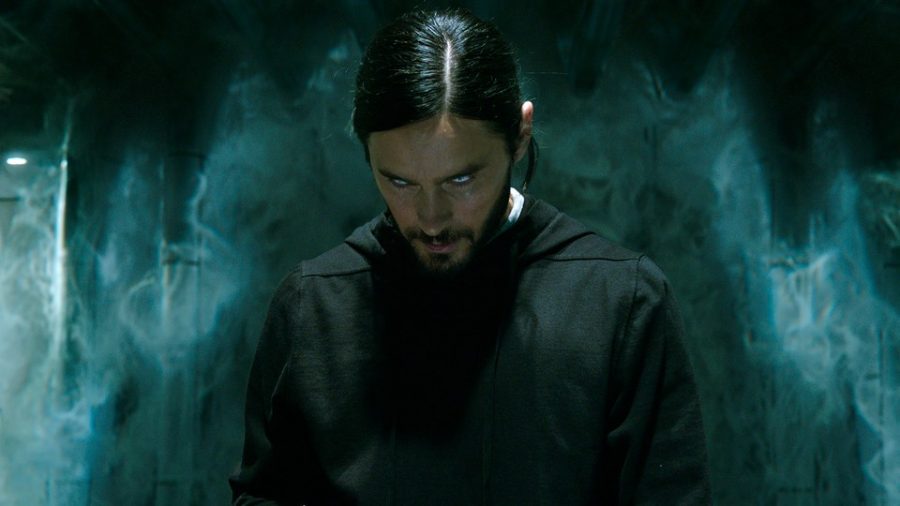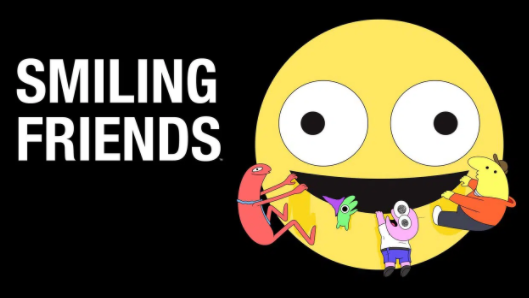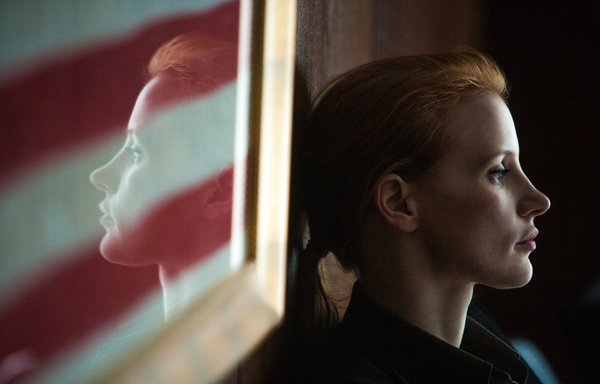Following the assassination of Osama bin Laden on May 2, 2011, numerous Hollywood studios began developing films about the event. After a successful run on the festival circuit, Zero Dark Thirty was released to commercial audiences on January 11, 2013. The film was directed and written by Kathryn Bigelow and Mark Boal, respectively. The team previously collaborated on the 2010 Academy Awarded Best Picture, The Hurt Locker.
Zero Dark Thirty opens with a titled card that simply reads “September 11, 2001” and proceeds with a solely auditory montage of this nation’s tragedy. While meant to be sentimental, the sequence seems shallow and unnecessary. “It tried to spark feelings,” commented senior Shane Jablonski, “good tactic, but not relevant to the film.” The actual first scene introduces our fiery redhead female lead and a controversial water-torture scene which Bigelow and Boal have received media-driven grief for. Jessica Chastain (The Help, The Tree of Life) stars as Maya, a suit-wearing novice who gradually grows into a determined operative. The empowering female character is both clichéd and agitating.
Chastain is accompanied by an adequate supporting cast. Jason Clarke (Public Enemies, Death Race), Jennifer Ehle (The King’s Speech, The Ides of March), and Harold Perrineau (Romeo + Juliet, 28 Weeks Later) portray various coworkers who are either killed or resign throughout the decade-long search for bin Laden. This contributes to our heroine’s transformation into an unconvincing hardened predator of sorts. Her voyage of vengeance, chuck full of diplomatic obstacles, is superficial, lacking character depth. Jablonski said, “It’s a traditional female role that doesn’t really fit well into the movie.”
These filmmakers are obviously interested in cashing in on the assassination of a terrorist while garnering critical praise for a completely speculative tale. Boal has received an Oscar nomination for Best Original Screenplay. Other Academy Award nominations include Best Actress in a Leading Role for Chastain, Best Achievement in Editing, Best Achievement in Sound Editing, and Best Motion Picture of the Year. “It was not judged fairly,” added Jablonski, “It received nominations for the subject, centered on American pride.” Senior Austin Marthe said, “It’s a true story that’s great for our nation, but it doesn’t make it better.”
There is no definitive general consensus on the matter as junior Markus Znidarsic said, “I agree with the nominations. It was very good. The speculation makes it even better.” There seems to be an enduring trend of aesthetic-omitting, yet patriotic films that inherit critical acclaim. “This isAmerica. This movie is as American as it gets. If you didn’t like it, you are an American traitor.”
Zero Dark Thirty receives two out of four stars: it is a purely average war film disguised in the moniker of a significant cinematic achievement due to national pride.


